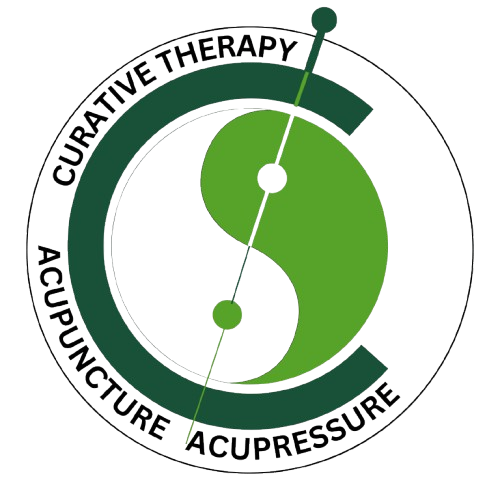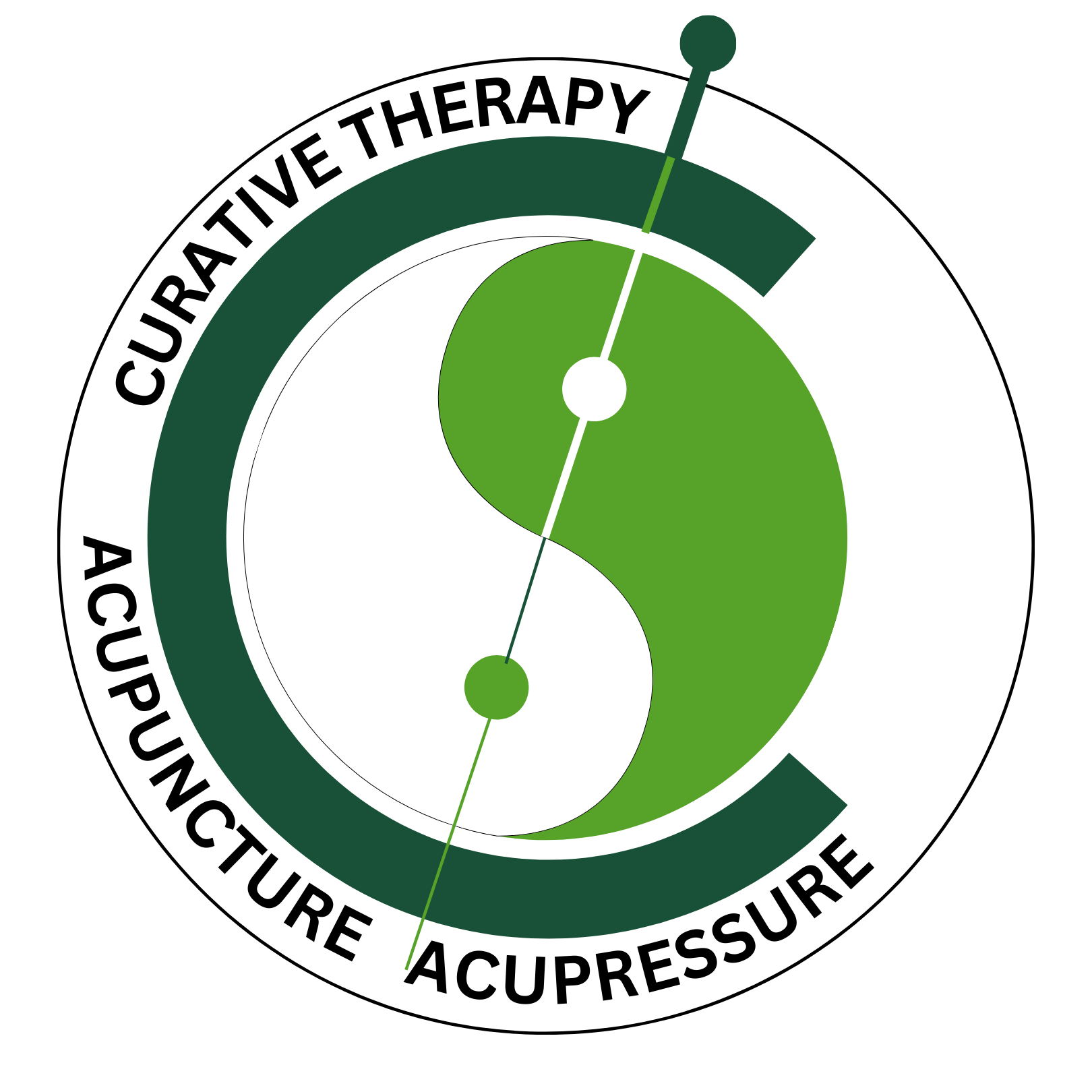Anxiety is a normal response to stress, helping individuals deal with challenging situations such as a tight deadline or an important speech. However, when anxiety becomes excessive and irrational, affecting daily life, it transforms into a disabling condition. In this blog, we’ll explore how anxiety is understood in both Western and Chinese medicine, focusing on how Chinese medicine views anxiety through the lens of various traditional concepts.
1. Anxiety in Western Medicine
In Western medicine, anxiety is classified into several disorders, including:
- Generalized Anxiety Disorder (GAD)
- Panic Disorder
- Obsessive-Compulsive Disorder (OCD)
- Post-Traumatic Stress Disorder (PTSD)
- Social Anxiety Disorder
- Specific Phobias
All of these share a common theme of overwhelming, irrational fear, and excessive worry. GAD, in particular, is characterized by persistent and uncontrollable anxiety, which often leads to physical symptoms like muscle tension, nausea, insomnia, and gastrointestinal discomfort.
Panic attacks, a sudden onset of intense fear, may also occur in some of these disorders, presenting symptoms such as chest pain, difficulty breathing, dizziness, and a sense of impending doom.
2. Anxiety in Chinese Medicine
While the modern term “anxiety” is not directly used in traditional Chinese medicine (TCM), there are several ancient disease concepts in TCM that align closely with the symptoms of anxiety. In TCM, anxiety is often seen as a result of imbalances in the body’s vital energies (Qi), and several conditions are thought to contribute to these feelings.
a) Fear and Palpitations (Jing Ji)
One TCM condition resembling anxiety is “Fear and Palpitations” (Jing Ji). This condition usually arises from external events like a sudden fright or shock, leading to intermittent feelings of anxiety and palpitations. The anxiety tends to be more acute but is short-lived. In chronic cases, this condition can evolve into a more serious form known as “Panic Throbbing” (Zheng Chong).
b) Panic Throbbing (Zheng Chong)
Panic Throbbing refers to a continuous, underlying sense of anxiety that is not triggered by external events, and it is generally considered to stem from a deficiency in the body’s Qi. This condition is more persistent and can mirror the experience of panic attacks in Western terms.
c) Rebellious Qi of the Penetrating Vessel (Chong Mai)
Another key concept in Chinese medicine related to anxiety, particularly panic attacks, is Rebellious Qi of the Penetrating Vessel (Chong Mai). The Penetrating Vessel, a key meridian in TCM, governs the flow of Qi through the body. When this Qi becomes rebellious, it can manifest as a feeling of “internal urgency,” which may include anxiety, restlessness, and panic. Rebellious Qi can lead to physical symptoms such as chest tightness, palpitations, and abdominal discomfort.
3. TCM Perspectives on the Heart and Qi
In TCM, anxiety is often viewed as a manifestation of internal imbalance, typically involving the Heart, Liver, Kidneys, and Lungs. The following conditions describe how imbalances in these organs might lead to anxiety:
a) Heart and Gall-Bladder Deficiency
Symptoms: Anxiety, palpitations, insomnia, and timidity. People with this imbalance often feel easily discouraged and are prone to anxiety in social situations.
Treatment: The approach focuses on tonifying the Heart and Gall-Bladder, using acupuncture and herbal formulas like An Shen Ding Zhi Wan to calm the mind.
b) Heart-Blood Deficiency
Symptoms: Mild anxiety, palpitations, dizziness, poor memory, and insomnia. This condition is often seen in women, particularly after childbirth.
Treatment: The goal is to nourish Heart-Blood and calm the mind, with acupuncture points such as HE-7 Shenmen and SP-6 Sanyinjiao, and herbal formulas like Gui Pi Tang.
c) Kidney- and Heart-Yin Deficiency with Empty Heat
Symptoms: Anxiety, night sweats, insomnia, dizziness, tinnitus, and restlessness, particularly at night.
Treatment: Nourishing the Heart and Kidney-Yin is the main therapeutic principle. Herbs like Tian Wang Bu Xin Dan and acupuncture points such as KI-3 Taixi are often used.
d) Lung- and Heart-Qi Deficiency
Symptoms: Anxiety, palpitations, and sadness, along with a weak voice and slight shortness of breath. These symptoms are often linked to a history of grief.
Treatment: The treatment aims to tonify both Heart and Lung-Qi. Acupuncture and herbs like Yang Xin Tang can help soothe the mind and ease physical symptoms.
e) Lung- and Heart-Qi Stagnation
Symptoms: Anxiety combined with chest tightness, sighing, and emotional distress. This condition often involves a feeling of oppression in the chest.
Treatment: Moving Qi in the Heart and Lung and relaxing the chest are key treatments. Ban Xia Hou Po Tang is a common herbal formula for this condition.
f) Heart-Blood Stasis
Symptoms: Severe anxiety, especially at night, often accompanied by agitation, insomnia, and chest pain.
Treatment: The focus here is on invigorating the Heart-Blood and eliminating stasis, using acupuncture points like LIV-3 Taichong and herbal formulas such as Tao Ren Hong Hua Jian.
g) Phlegm-Heat Harassing the Heart
Symptoms: Intense anxiety, agitation, and insomnia, with additional signs like a sticky tongue coating and a feeling of chest oppression.
Treatment: The goal is to clear heat and resolve phlegm. Herbal formulas like Wen Dan Tang are used in conjunction with acupuncture to calm the mind and relieve restlessness.
4. Case Studies in TCM Treatment of Anxiety
Case 1: Heart-Blood Deficiency
A 42-year-old woman experienced constant mild anxiety after the birth of her second child. Her symptoms included palpitations, poor sleep, and tingling in the limbs. After a thorough TCM diagnosis, it was concluded that she had Heart-Blood deficiency. The patient underwent acupuncture and took the herbal formula Calm the Shen. Over the course of nine months, her anxiety was completely relieved.
Case 2: Kidney-Yang Deficiency
A 50-year-old woman suffering from anxiety, especially during the day, also reported dizziness, lower back pain, and frequent urination. Her TCM diagnosis indicated Kidney-Yang deficiency, which is common in people who overwork and experience long-term stress. After treatment with acupuncture and herbs such as Strengthen the Root, her symptoms improved significantly.
Conclusion
Anxiety, whether experienced in Western or Chinese medical terms, involves complex imbalances within the body. Chinese medicine offers unique insights into how these imbalances manifest, with treatments tailored to address underlying deficiencies or stagnations in Qi, Blood, or Yin. Through acupuncture, herbal therapy, and lifestyle adjustments, TCM provides a holistic approach to managing and alleviating anxiety, helping individuals restore balance to both body and mind.



